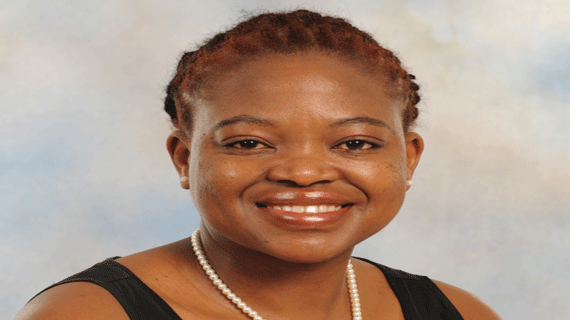
IN South Africa most agree that when you talk of “youth”, references are either made to the infamous ANC Youth League or that provocative image of Hector Pieterson being carried by Mbuyiso Makhubu after being shot by the South African police during the 1976 Soweto uprising which was essentially a high school protest against the use of Afrikaans as a medium of instruction.
Even till today that powerful image remains in most people’s minds of how youthful determination carried itself onto the streets of Orlando so that their voices could be heard.
Like the Arab Spring of 2011, both are examples of how youth solidarity can be mobilised to bring about sweeping change.
However; for the most part in the past four decades, youth activism has been considered irrelevant and highly misguided. Youth aspirations today are seen as partying up a storm and getting ridiculously inebriated or at worst misguided activism.
The youth of the past decades fought for liberation from the chains of colonial masters. Their agenda was clear and well articulated.
However, the youth agenda of today is not apparent and concise. One would like to think there are recurrent themes of economic empowerment, marginalisation, governance and democracy. In terms of demographics, youth form the largest sector in most countries. There is power in numbers and formidable strength in that youth demographic.
Yet I often hear a recurrent cry that their voices are not being heard and maybe the reason is that they have failed to mobilise and organise their needs in a coherent manner.
It’s one thing to make noise, but quite another to come to the table with a well thought out defensible agenda. It is for this reason why youth continue to be mobilised to meet other peoples’ agendas normally to their own detriment.
- Chamisa under fire over US$120K donation
- Mavhunga puts DeMbare into Chibuku quarterfinals
- Pension funds bet on Cabora Bassa oilfields
- Councils defy govt fire tender directive
Keep Reading
About two months ago I had the pleasure of attending the Mandela Institute Development Studies Inaugural Youth Dialogue in Accra Ghana. By generous African standards I am still considered a youth which is said to encompass 17 year olds to 35 year olds.
53 youth of different colours, creed, culture and character from all over Africa descended upon Ghana to discuss and debate robust issues about democracy and governance in Africa. Ghana was probably the most fitting location considering this was one of the first African countries to attain independence.
For two days I was caught up in stimulating intellectual debate and thought-provoking discussions centred around democracy and governance in Africa.
What resonated with me was that as youth from all over the continent with diverse cultures and different backgrounds, we were united in the similarities among our youthful African democracies. Most of the youth in that room were educated young professionals and we all shared similar aspirations for the kind of future we wanted for Africa.
There were two youths in that room that shone with their brilliance. One was a young Kenyan woman who had recently contested an election in Kenya.
The other was a young man from Lesotho who had also stood for public office. Although these two had both failed at the ballot box, they had succeeded in living their youthful aspirations for a better future.
Look, I am not saying that every youth out there should stand for office.
There is a strong misconception that the only way one can effect meaningful change in their country is only through taking up public office.
Civic participation offers an opportunity for influential participation through shaping of government policy. Moreover, it’s not necessarily a young leadership that youth should be agitating for, but rather a leadership which will ensure that their youthful agenda is met.
Whenever you raise the word “politics” it is considered a dirty word laden with dirty connotations.
You hear people swear they won’t get involved in politics yet it’s politics that influences the socioeconomic tapestry of our daily lives.
Why else would we have a Trade and Industry ministry or that of Education? Whether you are a teacher, student, lawyer or housewife; the politics of the day will certainly influence your life.
We might question the efficacy of these ministries and that is also okay because that is the premise upon what active citizenship is all about.
It is true that the youth are the future and leaders of tomorrow.
It is even truer that the future for Africa lies in regional economic integration beyond our own national borders.
So it’s time to harness that youthful energy towards economic emancipation, empowerment and inclusion as these will be the pillars of the narrative of the youth agenda.
Our forefathers and foremothers freed us from colonial repression. We now need to narrate the story towards economic emancipation for the entire continent.
Sukoluhle Nyathi is the author of the novel The Polygamist. You can follow her on Twitter @SueNyathi










